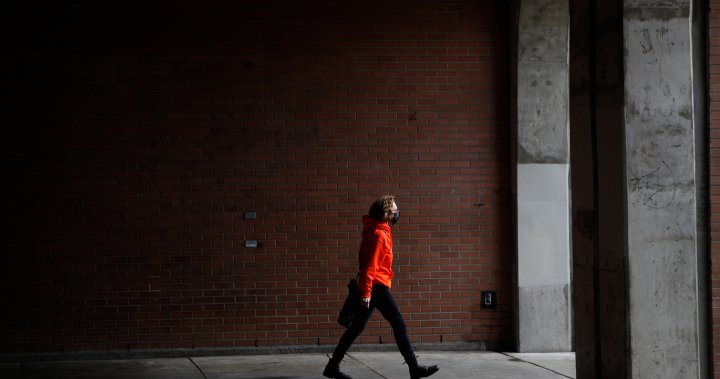
TRC’s 94 Calls to Action: Progress being made, but more needed, Indigenous advocates say
Global News
"The Calls to Action really are the survivors workplan for the country," said Cindy Blackstock. And while some of the calls have been implemented, others have yet to be realized.
In 2015, Truth and Reconciliation Commission (TRC) published a landmark report detailing the depths of destruction the residential school system wrought on Indigenous families, communities and children — and the legacies left in the wake of these state-sponsored cruelties.
The report also told the government what to do to make things right.
With 94 Calls to Action, the TRC laid out the steps they said governments need to take to help Indigenous communities heal from these harms, to weed out the institutionalized inequalities that Indigenous people grapple with to this day.
“The Calls to Action really are the survivors’ workplan for the country,” said Cindy Blackstock, the executive director of the First Nations Child and Family Caring Society of Canada.
Back in 2015, Prime Minister Justin Trudeau accepted the TRC report and committed himself to implementing every Call to Action.
“We will, in partnership with Indigenous communities, the provinces, territories, and other vital partners, fully implement the Calls to Action of the Truth and Reconciliation Commission,” he said at the time.
“The Government of Canada is committed to walking a path of partnership and friendship with Indigenous peoples.”
Some of the calls have since been implemented, including one that implored governments to establish a National Day for Truth and Reconciliation. That solemn day of remembrance is now celebrated on Sept. 30 every year.
